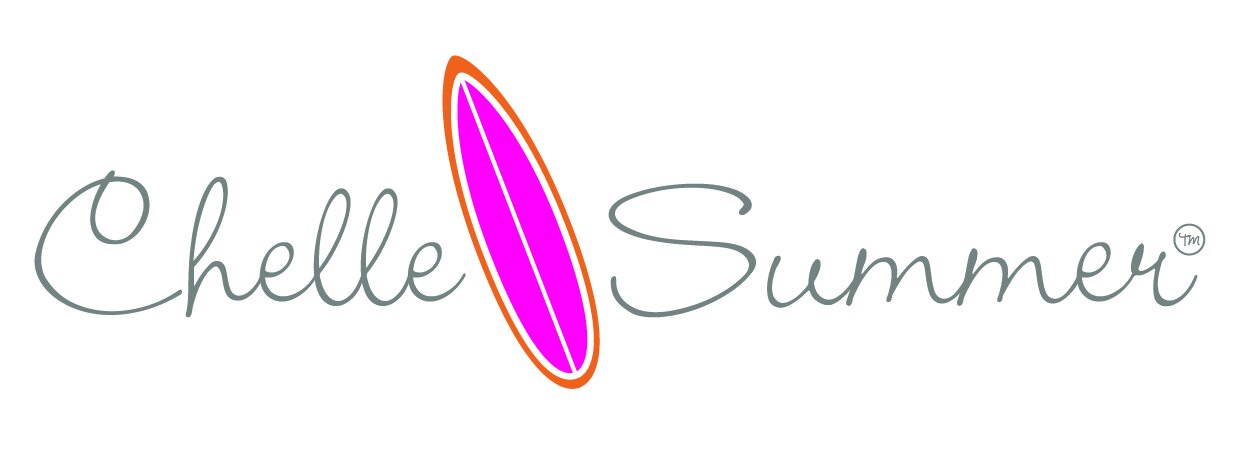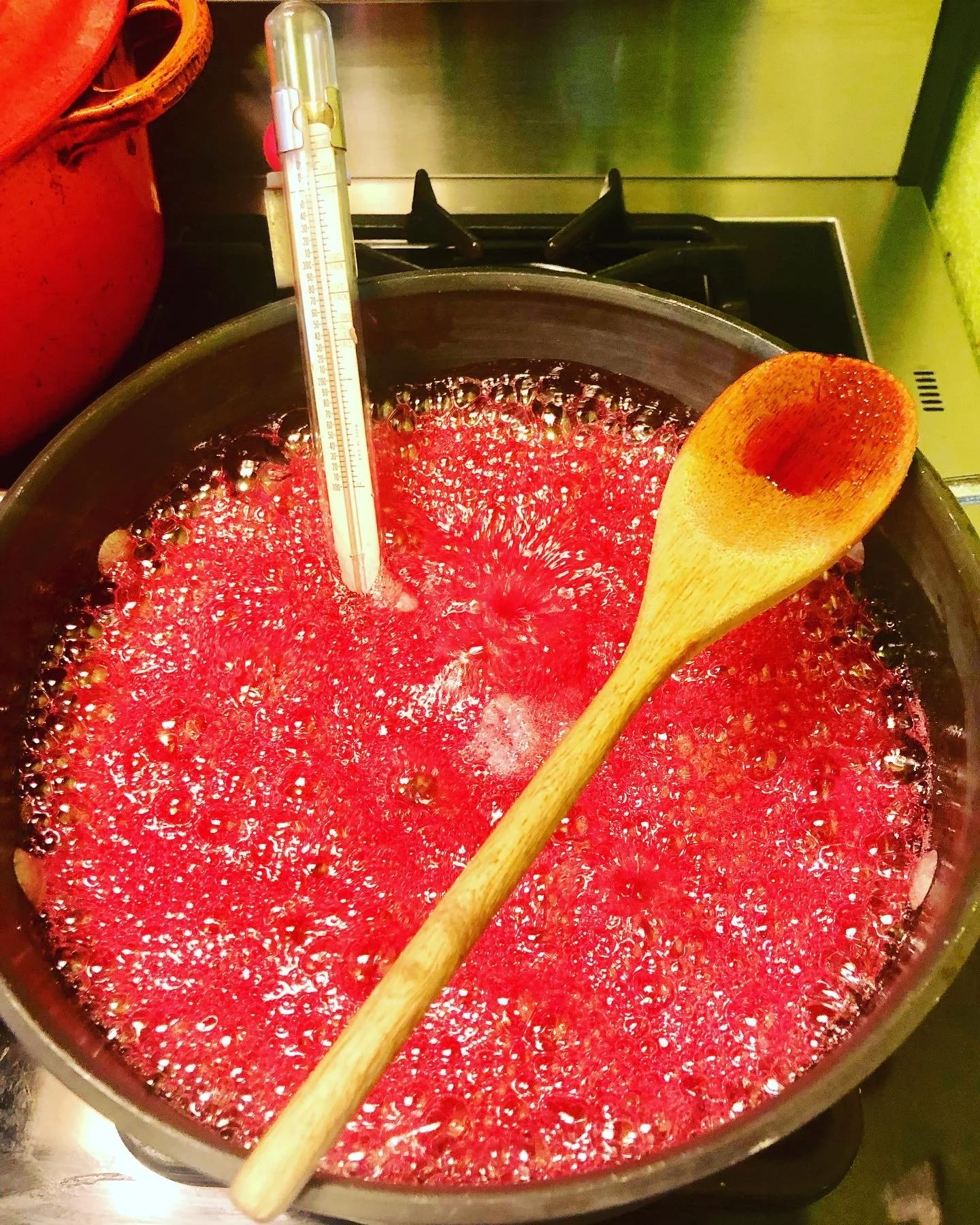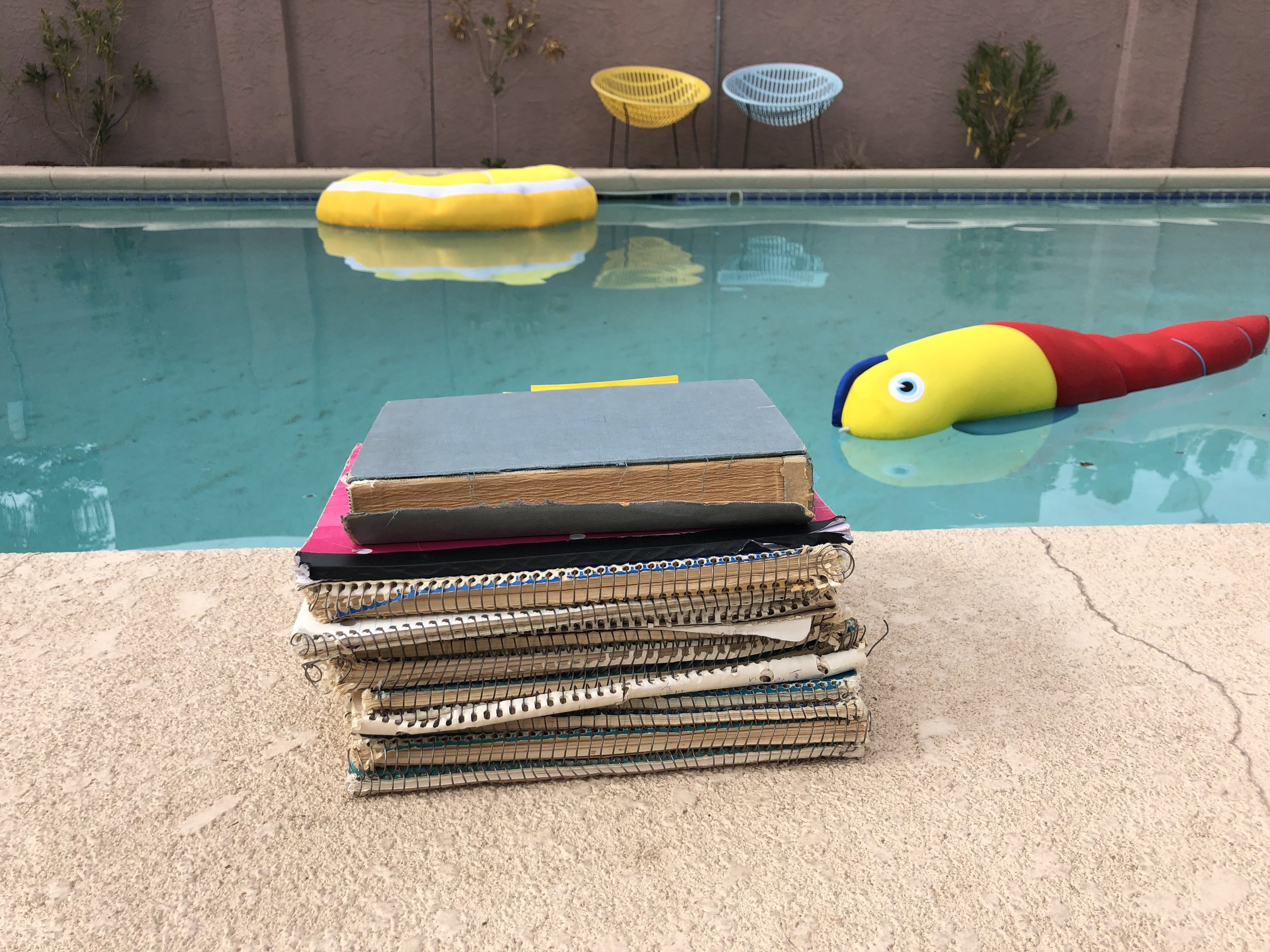Chaco wasn't supposed to be my dog.
When we adopted him on New Year's Day 2003, it was because my then-husband needed to quit smoking and start exercising. As I stood in line at the store the following day with a box of Nicoderm and dog treats at the checkout stand, I had to laugh at the dichotomy of what I was buying.
Quickly it became apparent that Joe wasn't going to walk Chaco and so after my three-mile morning run, I started to take Chaco to the park a few blocks from our house for a what started as walk (mostly because he was really depressed those first few weeks with us– we don't know what happened in his prior life but he had a chip and no one responded when they were contacted and he had been found eating out of a garbage can on the University of New Mexico campus) but eventually it turned into a run where he pulled me along. My life was transformed after that.
I couldn't have known in that January all that was ahead of me: the crash by a drunk driver that August that would alter everything when Joe would get a brain injury, my foray into doctoral work and Chaco's inspiration that people must be helped by their dogs after the death of a human loved one, the addition of several more dogs, the publication of my book Ginger's Gift: Hope and Healing Through Dog Companionship that was largely inspired by the road Chaco led me on when he became part of our family, the death of my dad, the trips around country and the world educating people about suicide and suicide grief, the addition of the swimming pool and then the remodel of most of the house, my holding everything together while Joe struggled to function and work, the eventual divorce, the move back to Illinois that split Chaco and Gidget from Nestle and Hattie, the move back to Albuquerque that brought the dogs together, the deaths of Daisy and then Gidget, the death of mom, the addition of Lilly after the death of Gidget earlier this year and, of course, in the midst of this, the addition of Greg into our lives.
Chaco changed me in ways I never could have predicted. I was not a dog person. I always tell the story that the Linn Family joke about Karen's dog Chaos was, "Will Michelle ever pet the dog?" But when Chaco came into my life, everything as different. We took him to Texas several times and then up to Minnesota, making him more traveled that many Americans with all the states he visited, and just about every morning for the past fourteen years– as long as I was home– he got either a run or a run-walk and later just a walk. The morning he died he went for his walk. He whined until he got outside and felt at home leading the way to the park each day.
For all those years when I was holding the household together with very little tape, every morning when Chaco and I would go out for a run-walk, I could see the hope as the sun started to come up over the mountains. I always felt like, no matter how challenging life was, it was as if the day before had been hosed off and there was a new day starting. I began to pray during my time with Chaco, mostly because it was usually some of the most uninterrupted time of my day (although because of Chaco I also became a bigger member of the park community– suddenly people who didn't talk to me before, started to talk to me, because of my handsome dog of course).
In Naperville, we ran along the river, including through the fresh snow in the winter. Chaco chased squirrels up trees and watched them for hours. He laid by the pool– right back in his old spot– when we moved back to Albuquerque. He was quiet, he asked for very little. He slept at the foot of the stairs and, as my former husband said, with one eye open to make sure no one could get to me.
And last December we nearly lost him until the vet told me it wasn't time yet. With a pair of socks for his back legs to keep him from slipping and what I jokingly call a magic powder, I made sure that every night I told him I loved him and that I was glad he was my dog, before I went to bed in case he died during the night. I didn't want any regrets about the life that we shared.
But on Saturday the deterioration was coming quickly; he was standing sideways. The vet said it was the right time, that the muscle mass on his hips was wasting away. He could bounce back but it wasn't going to get better.
Chaco's journey with me was finished. He traveled through so many events with me but now with Lilly and Greg along for the ride (and with Hattie, too- Nestle resides with her "real" dad), he knew he could move on, surely greeted by Mom, Dad, Gidget, and Daisy in heaven.
And he made sure about six weeks ago he had one last hurrah before the cold weather set in: while he always laid by the pool, he never ever ever ever ever ever wanted to get in it. I have photos of him clinging to my former husband, freaked out as Joe tried to carry him in the water. Chaco would swim in a lake or a river or even go for a ride in a boat but he could never grasp the concept of the pool.
One evening as twilight was settling in, Greg and I heard some whining. We both figured he had fallen and couldn't get up as that was happening more and more. But when we couldn't find him, we went outside to see him swimming laps in the pool.
We never knew if he fell in on accident or on purpose but he looked happy and didn't want to come to the edge where Greg was calling him (somewhat of a futile attempt because Chaco was deaf by then). The weight of his back hips that were failing him fell off in the water (although he was still wearing his socks).
And for one time, at nearly sixteen years old, Chaco got his swim. The road was complete, the time to move on looming.
He went quietly, his snout on my leg Saturday morning. No more pain, no more pacing, no more looking like he couldn't remember what he had done five minutes before. No more back legs failing him. Freedom with all those who have gone before him. And me left with the memories of a life that hasn't been the same since he came around that corner on New Year's Day and entered my life.










